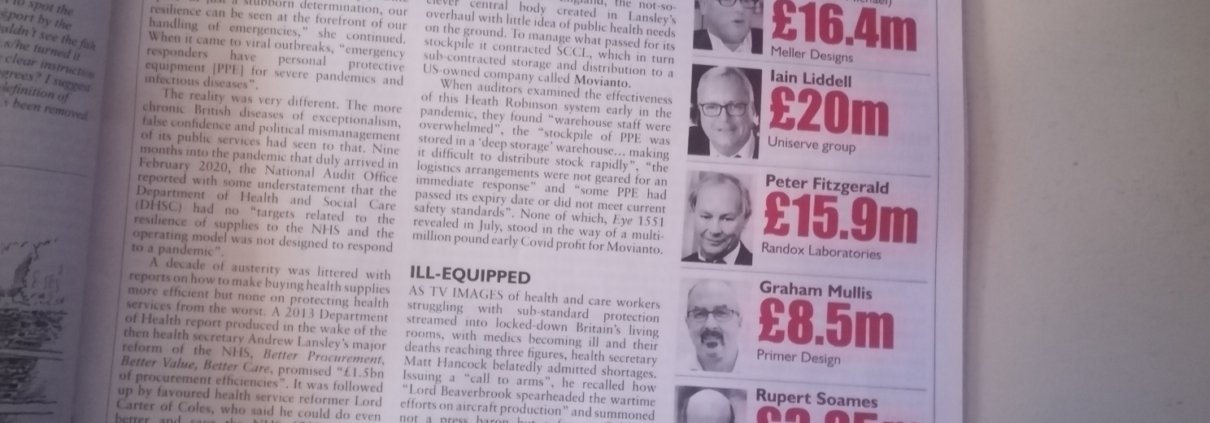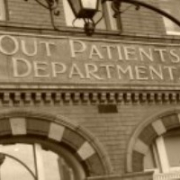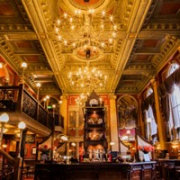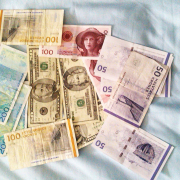Private Eye Identifies Covid Profiteering and Procurement Naivety
In the current issue of Private Eye magazine – only on sale for another few days so hurry if you want to buy it – there is a special 8 page supplement titled “Profits of Doom”, covering the “bad buying” that went on in UK government around the pandemic, principally PPE (personal protective equipment), but also test kits and the track and trace programme.
Several procurement leaders get a mention, including Gareth Rhys Williams, Government’s Chief Commercial Officer, and Steve Oldfield and Ed James at the Department of Health. I suspect there are others who actually had more to do with the PPE procurement waste but have escaped that attention …
If you have followed these stories in the media and on this website to some extent, much of the Private Eye report won’t be new to you. But putting it all together does increase the sense of anger that most of us will feel about the vast sums of money extracted from the British taxpayer by certain firms and individuals, in return for very little effort. According to the magazine, one firm, Primer Design Ltd, went from a profit of £1.3m a year before Covid to making £178.2 million in the first Covid period.
Individuals did well too. Andrew Mills, who had been an adviser to government himself, made £32.4 million for doing very little as a middleman for Ayanda Capital, whose bosses also made tens of millions on PPE supply. Even the consulting firms raked in the cash working on various covid related tasks including the pretty useless track and trace programme, with Deloitte partners making record earnings of around £1 million each last year.
It is clear that cost really didn’t matter when the PPE shortage was at its worst last year, and to some extent that is understandable. There is still some mystery about the demand forecasts that led to chronic over-ordering; that factor alone cost the taxpayer billions, but there has been little real insight into what went wrong there.
But why the procurement teams didn’t at least try and examine the margins made by the middlemen and agents, I don’t know. If the buyers had insisted on seeing a price breakdown, or set a maximum mark-up over factory gate prices, would Andrew Mills and others really have walked away from the deal? They won the contracts in the first place because of their political connections that got them onto the “VIP route”, which gave priority to their supply proposals, so it is hard to see that they could have instantly taken their offer to another country.
Instead, they were allowed to make tens or hundreds of millions in profit by exploiting the naivety of the procurement operation, which seemed to focus almost entirely on just buying as much stuff as possible. Then we have the Randox contracts for test kits and analysis, where the picture is even murkier. Member of Parliament Owen Patterson was paid as an adviser by that diagnostics firm, and records of calls between him, the firm and health Minister Lord Bethell, have been “lost” apparently. Randox was given £600 million worth of contracts without any tendering or competitive process. And it won a testing contract worth £133m, just days before government officials confirmed it did not actually have enough equipment to deliver the work, according to documents now released.
It would be good to think that some of those who profited from the pandemic and in effect took advantage of the taxpayer might lose friends because of their actions. But the culture in the financial world and “the city” is such that I suspect they will be celebrated as great examples of entrepreneurial spirit, exploiting a situation (and their connections) cleverly to make money.
Even if there wasn’t overt brown-paper-envelopes-type corruption here (or none that has been discovered yet, at least), sometimes it is just very easy to hate capitalism!










Leave a Reply
Want to join the discussion?Feel free to contribute!